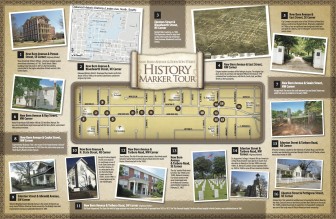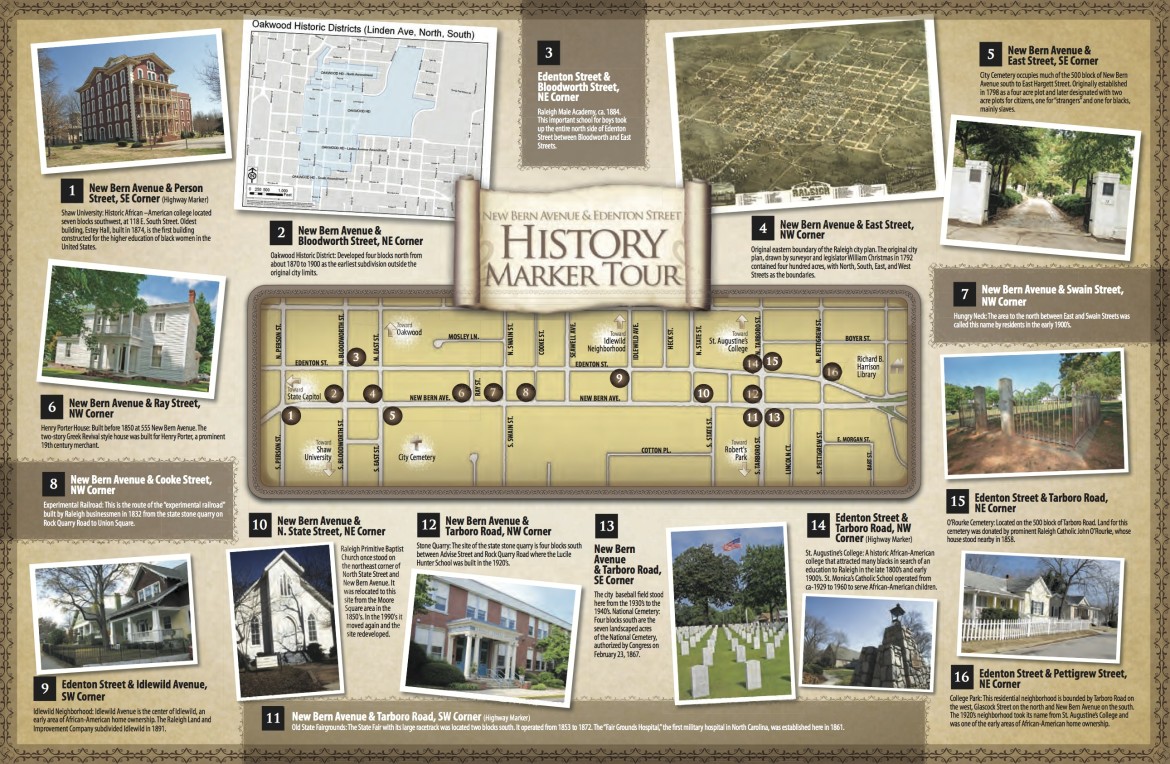Transit issues were the focus of the North Central Citizens Advisory Council meeting Tuesday, where residents received an update on an anti-speeding campaign and city councilor Eugene Weeks received an earful about rising bus fares.
CAC Chairperson Octavia Rainey said the anti-speeding campaign would lower the speed limit to 25 miles per hour on a majority of streets within the College Park neighborhood. At this point, she said, the petition still needs more signatures before it can be brought to city council. The majority of roads in the neighborhood currently adhere to the citywide limit of 35 mph.
Rainey said she hopes to have the petition ready in time for the city council’s September meeting.
City policy allows for a reduction in the speed limit to 25 mph for any residential street that has less than 4,000 cars traveling on it per day.
In order to have that limit changed, at least 75 percent of the residents or property owners on the street affected must sign a petition in support of the reduction. The petition is then passed on to city staff, which prepares it for city council.
The importance of this kind of neighborhood feedback and involvement was a common theme in the brief presentation later given by city councilor Eugene Weeks, who stressed the community’s importance in helping the city move forward with new projects.
These new projects inevitably bring changes to the neighborhoods around them, and chairperson Rainey told Weeks that the upcoming rate hike for CAT buses is the kind of change that will adversely affect many neighborhoods.
It’s unfair for the city to collect more money from the lower-income residents who make up most of the CAT ridership, Rainey said, while at the same time spending $500,000 on a bike program and operating the R-Line as a free service at a cost of about $1 million per year.
“I went and complained about the R-Line two years ago,” Weeks said. One of the issues Weeks raised was that the bus could be used to take commuters into the city when it goes into service each day.
Fares for the CAT buses are currently $1 for a one-way trip, $2 for a day pass and free for passengers 65 and older. The first fare hike, which would kick in next year, would raise the single-trip price to $1.25 and the day pass to $2.50. Passengers 65 and over will be charged half-price. By 2016, the prices will increase to $1.50 and $3.00.
Upcoming Events
Weeks then moved on to a topic he was much happier to discuss – Southeast Raleigh Community Day, to be held at John Chavis Memorial Park on September 20 from 12-4 p.m.. The event is free and open to the public, and in addition to music and free food, will offer voter registration opportunities.
Weeks’ community day isn’t the only event coming this fall for southeast Raleigh residents, as a History Marker Tour down New Bern Avenue will be held sometime in September or October. CAC vice-chair Greg Wilson explained that a solid date for the event had not yet been set.
Wilson said the tour will feature 16 historical markers that are placed along New Bern Avenue from Person to Pettigrew street.
The markers, many of which are carved into granite, offer readers a bit of history about a number of sites in the area, such as the O’Rourke Cemetery and the Oakwood Historic District – the earliest subdivision outside of city limits.
